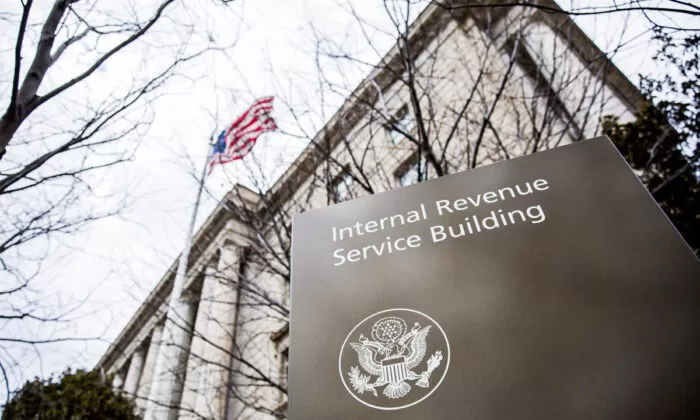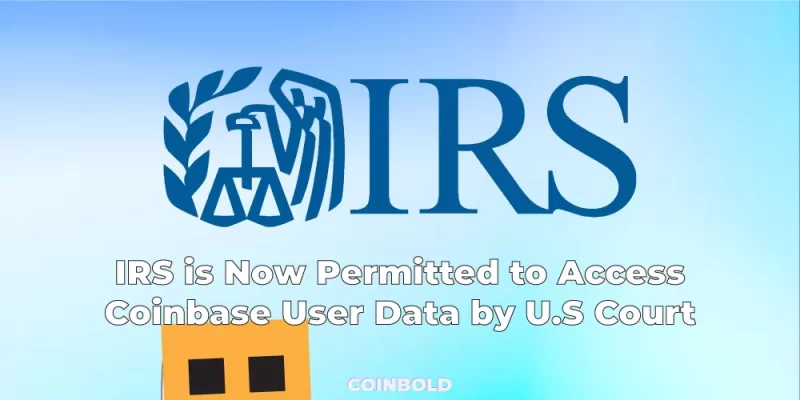The US Federal court recently ruled in favor of the Internal Revenue Service (IRS), permitting it to access user data from Coinbase. James Harper, who was attempting to prevent the tax agency from accessing his trading records for constitutional reasons, filed the case.
Harper, in his lawsuit filed in August 2020, accused the IRS and its agent of violating his rights via a “John Doe” summons. This is a legal approach that enables government agencies to request data from a third-party related to an individual or group for tax evasion investigations.

The US District Court of New Hampshire mentioned a May decision by the Supreme Court, stating that the powers granted to the IRS by Congress meant that Harper didn’t have any additional protections or recourse beyond the current checks on the agency’s authority.
Although Harper claimed his innocence, he was a crypto trader from the early days and a previous in-house legal advisor for the Bitcoin Foundation. In 2016, he contested the IRS when it first requested Coinbase’s user trading records. Coinbase initially declined the request, but a separate summons against the exchange caused it to provide information, including Harper’s records.
In the previous year, Harper appealed the decision and was allowed to sue the IRS in the First Circuit. The IRS alleged that Harper didn’t properly report his cryptocurrency trades in 2013 and 2014, which resulted in enforcement actions against him and others.
Since 2016, the IRS has been using John Doe summons for digital asset enforcement efforts. A California federal court authorized the IRS to issue a John Doe summons to SFOX, a crypto prime broker located in Los Angeles, in August 2022. The summons aimed to obtain data on US taxpayers who conducted crypto trades worth at least $20,000 with or through the SFOX platform between 2016 to 2021.
Compiled by Coinbold

